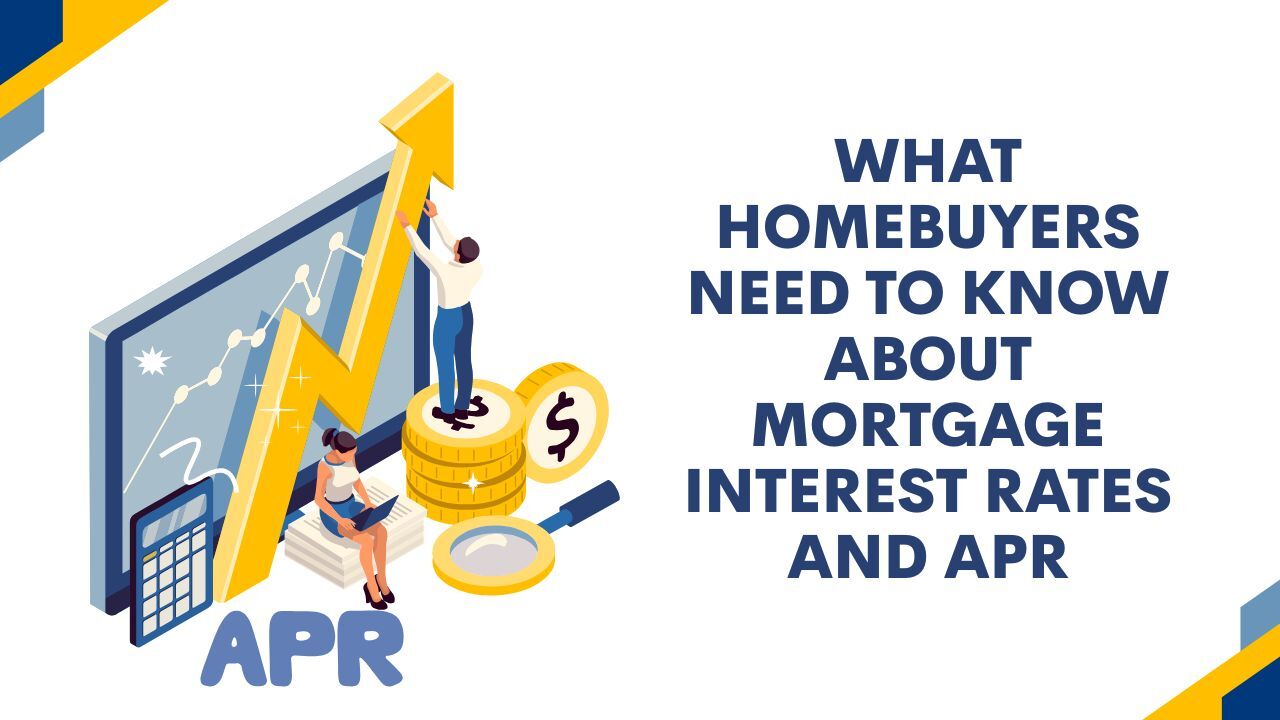 Buying a home is rarely just about the house. It is about life happening at the same time. Career changes, family growth, health decisions, and financial habits all quietly shape your mortgage experience long before you ever tour a property. Many buyers are surprised to learn that choices made months or even years earlier can influence how smooth or stressful the process feels.
Buying a home is rarely just about the house. It is about life happening at the same time. Career changes, family growth, health decisions, and financial habits all quietly shape your mortgage experience long before you ever tour a property. Many buyers are surprised to learn that choices made months or even years earlier can influence how smooth or stressful the process feels.
Career Shifts Matter More Than You Think
Changing jobs, becoming self-employed, or moving into commission-based income can alter how lenders view stability. This does not mean you should avoid growth opportunities, but it does mean timing matters. Understanding how employment history is reviewed can help you plan career moves without unintentionally slowing your homeownership goals.
Debt Behavior Tells a Story
It is not just about how much debt you have. It is about how you manage it. Consistent payments, responsible use of credit, and avoiding sudden large purchases all paint a picture of reliability. Small habits like paying down balances instead of moving debt around can make a meaningful difference.
Life Events Deserve Financial Planning
Marriage, divorce, having children, or caring for family members often change household income and expenses. These events can shift what feels comfortable for a monthly housing payment. Planning for these changes before buying helps ensure your home supports your life instead of stretching it too thin.
Preparation Builds Confidence
Working with a mortgage professional gives you clarity without pressure. It allows you to ask questions, understand your position, and make informed decisions before emotions enter the process. Preparation turns uncertainty into confidence.
Homeownership is not a single transaction. It is a reflection of your life choices aligning at the right moment. When those pieces come together intentionally, the experience becomes far more empowering.

 For homeowners looking to tap into the equity they have built over time, a Home Equity Line of Credit, also known as a HELOC, can be a flexible financing option. Unlike a traditional mortgage or one time loan, a HELOC gives borrowers access to a revolving line of credit that can be used as needed. Understanding how it works, along with the benefits and risks, can help homeowners decide whether it fits their financial goals.
For homeowners looking to tap into the equity they have built over time, a Home Equity Line of Credit, also known as a HELOC, can be a flexible financing option. Unlike a traditional mortgage or one time loan, a HELOC gives borrowers access to a revolving line of credit that can be used as needed. Understanding how it works, along with the benefits and risks, can help homeowners decide whether it fits their financial goals. When applying for a mortgage, borrowers are often presented with several important numbers that determine the true cost of the loan. Two of the most discussed figures are the mortgage interest rate and the annual percentage rate, also known as APR. While these terms are closely related, they are not the same. Understanding the distinction between interest rate and APR is essential for comparing loan offers accurately and making informed financial decisions.
When applying for a mortgage, borrowers are often presented with several important numbers that determine the true cost of the loan. Two of the most discussed figures are the mortgage interest rate and the annual percentage rate, also known as APR. While these terms are closely related, they are not the same. Understanding the distinction between interest rate and APR is essential for comparing loan offers accurately and making informed financial decisions. Buying a home is an exciting milestone, but it also comes with important financial details that can feel overwhelming. Along with your down payment and monthly mortgage payment, there are upfront costs that every buyer should understand before closing. One fee that often raises questions is the mortgage loan origination fee. Knowing what this fee covers and how it affects your overall loan costs can help you feel more confident throughout the mortgage process.
Buying a home is an exciting milestone, but it also comes with important financial details that can feel overwhelming. Along with your down payment and monthly mortgage payment, there are upfront costs that every buyer should understand before closing. One fee that often raises questions is the mortgage loan origination fee. Knowing what this fee covers and how it affects your overall loan costs can help you feel more confident throughout the mortgage process. Purchasing a home is one of life’s biggest milestones, but before you start touring properties, it is important to know whether you are financially prepared to qualify for a mortgage. Many buyers wonder if they are truly ready from a lender’s perspective or if they should spend more time strengthening their finances. Mortgage readiness is not about being perfect, it is about having the right financial foundation in place. When several key indicators align, you can move forward with greater confidence and clarity.
Purchasing a home is one of life’s biggest milestones, but before you start touring properties, it is important to know whether you are financially prepared to qualify for a mortgage. Many buyers wonder if they are truly ready from a lender’s perspective or if they should spend more time strengthening their finances. Mortgage readiness is not about being perfect, it is about having the right financial foundation in place. When several key indicators align, you can move forward with greater confidence and clarity.
 Finding a new home loan can seem challenging, but if you take the proper steps before you start applying for loans, you’ll have no difficulty finding a mortgage that works for you and a lender that would love to have you as a borrower. Shopping for a mortgage isn’t like shopping for a couch, and there’s a lot that goes into the process.
Finding a new home loan can seem challenging, but if you take the proper steps before you start applying for loans, you’ll have no difficulty finding a mortgage that works for you and a lender that would love to have you as a borrower. Shopping for a mortgage isn’t like shopping for a couch, and there’s a lot that goes into the process. Co-signing a car loan may seem like a small favor for a family member or friend, but many homebuyers do not realize how much it affects their own mortgage approval. Even if you never drive the car, never make a payment, and never see the vehicle, the loan becomes legally and financially tied to you. Understanding how co-signing affects your credit, your debt, and your loan options can help you protect your mortgage eligibility.
Co-signing a car loan may seem like a small favor for a family member or friend, but many homebuyers do not realize how much it affects their own mortgage approval. Even if you never drive the car, never make a payment, and never see the vehicle, the loan becomes legally and financially tied to you. Understanding how co-signing affects your credit, your debt, and your loan options can help you protect your mortgage eligibility. Starting your career is an exciting milestone, and for many recent graduates, the idea of becoming a homeowner feels closer than ever. While student loans, new job transitions, and building credit can make the mortgage process feel overwhelming, you have more options and advantages than you may realize. With the right preparation, you can move toward homeownership confidently and avoid common first-time buyer mistakes.
Starting your career is an exciting milestone, and for many recent graduates, the idea of becoming a homeowner feels closer than ever. While student loans, new job transitions, and building credit can make the mortgage process feel overwhelming, you have more options and advantages than you may realize. With the right preparation, you can move toward homeownership confidently and avoid common first-time buyer mistakes.